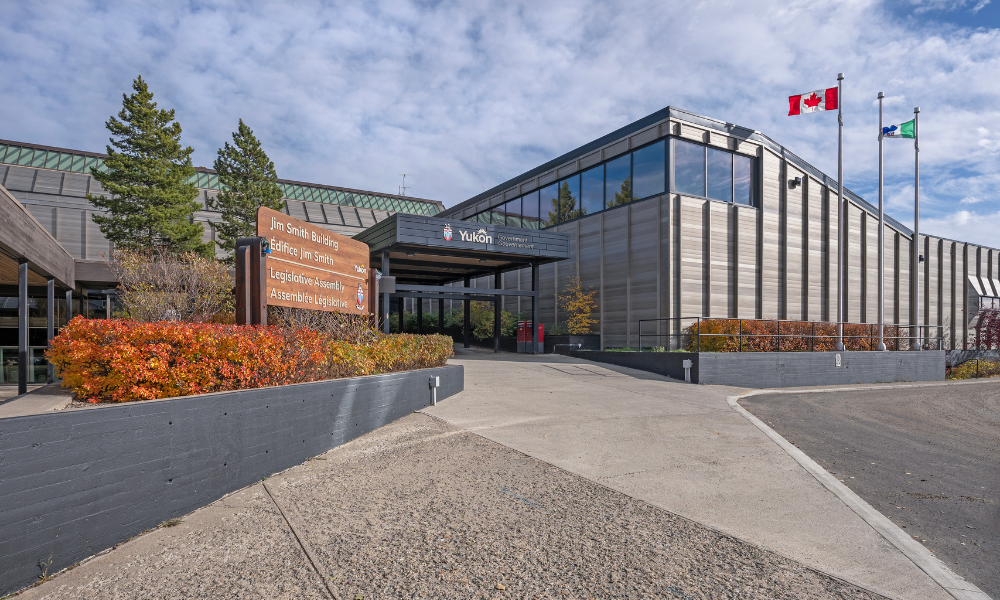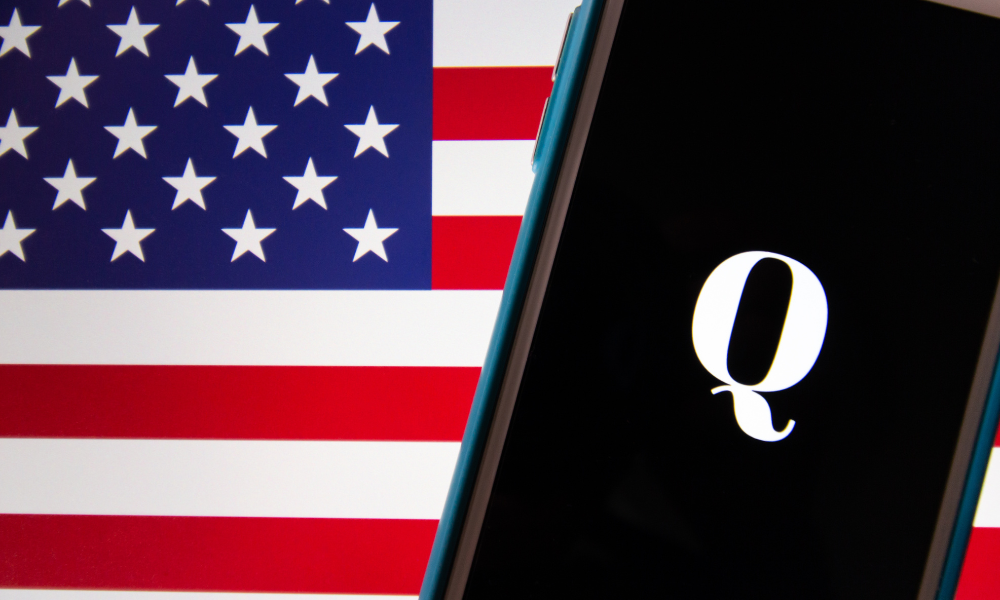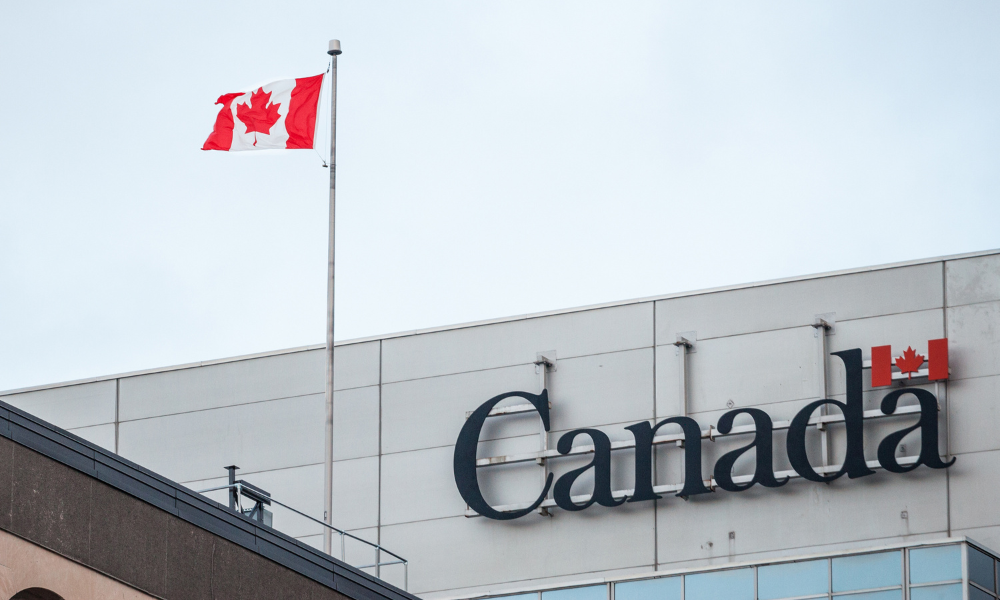Will dress codes loosen as we recover from the pandemic?

It’s good to know that for all the upset and confusion and dramatic changes that have occurred in HR through the pandemic, some things stay the same.
Take, for example, the case of a Sarnia, Ont. councillor who generated controversy by wearing casual attire inside chambers.
Clad in a tank top and a fedora, Coun. Nathan Colquhoun was there for the debate of a motion calling for the adoption of a "professional business attire" policy for meetings. The motion was defeated, according to the CBC.
Business attire would show respect for staff and delegations to council, said Coun. Bill Dennis, who introduced the motion.
"I believe in expecting people in leadership roles to dress professionally and have a respectful appearance in the workplace," he said. "It's just plain common sense that we are responsible for the business of the city, and as such these are business meetings and therefore business attire should not shock anyone."
But Colquhoun said people don’t need to wear a suit to make good decisions for the city.
“City council is made up of a broad group of people. And to try to kind of make it more monotone isn't helpful for anybody."
Ah, dress codes. For all the strategic work that takes up HR’s time these days, it’s somehow comforting to know that dress codes are still an issue.
Years ago, I remember being told that it’s often one of the most contentious issues in the workplace. That division is seen in a CBC poll with 2,647 votes, where 59.2 per cent said a dress code is not needed for city council, while 40.8 per cent disagreed.
Read more: An employer can ask employees to dress professionally and to have a respectful appearance in the workplace, especially in situations where you’re dealing with clients and customers, says one employment lawyer.
Of course, dress codes have been a big issue when it comes to discrimination.
Back in 2017, the Ontario Human Rights Commission (OHRC) outlined findings from an inquiry into dress codes at various Ontario restaurants and commitments made by a number of restaurant chains to put an end to discriminatory dress codes for restaurant staff — particularly female and transgender workers — and create more inclusive workplaces.
That same year, a B.C. politician introduced a bill in the legislature that would amend the Workers Compensation Act “to prevent employers from setting varying footwear and other requirements based on gender, gender expression or gender identity. As a result, for example, this act would prevent employers from requiring select employees to wear high-heeled shoes.”
But Coun. Colquhoun may be part of a larger trend, as more people leave their homes and return to the office.
Nearly six in 10 (59 per cent) say it will be more acceptable to dress less formally when employers turn to a hybrid work environment while 53 per cent plan to take a less formal approach to office attire, dropping the usual suit and tie.
And even more formal environments are loosening their ties, so to speak.
In May 2022, Virgin Atlantic became the first U.K. airline to allow cabin crew to display their tattoos.
And just last week, the Canadian Armed Forces (CAF) introduced updated regulations on personal grooming. Under the new rules, military personnel will be allowed to colour their hair and grow it to any length, and to sport face tattoos, according to the CBC.
It’s unlikely sweatpants and flip flops will be acceptable at most workplaces, but given the tough times we’ve faced, and more to come, surely relaxed attire is acceptable as long as it’s not offensive and we’re getting the work done.




